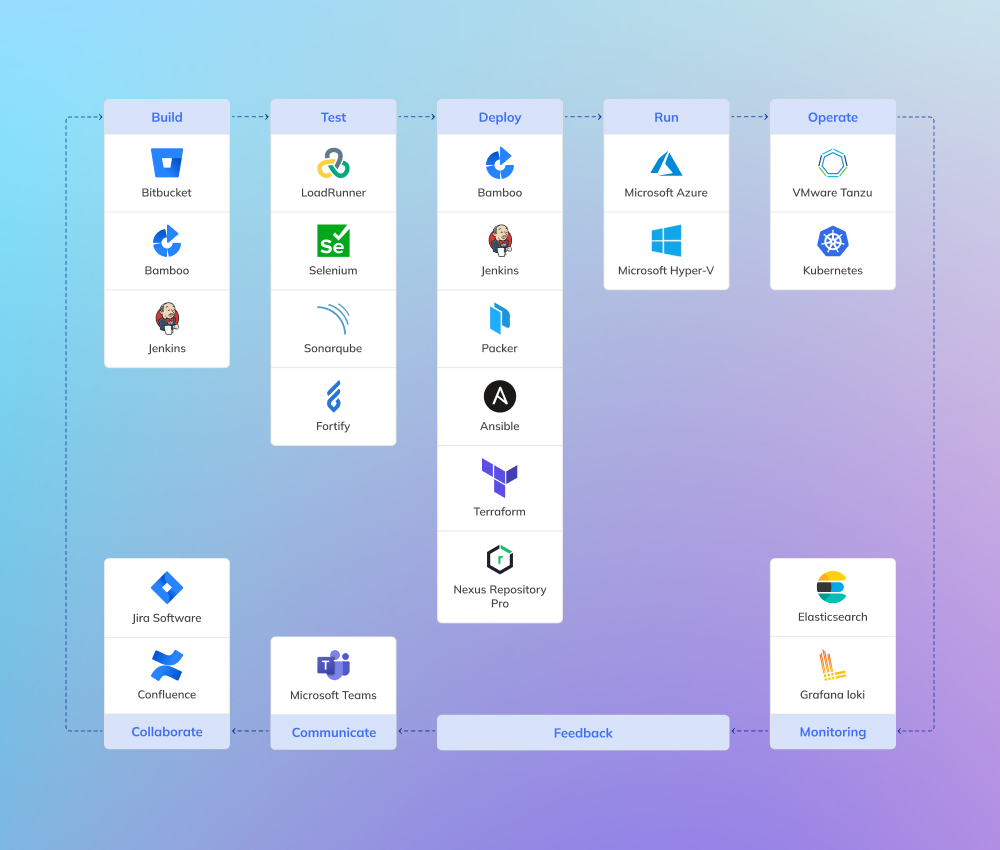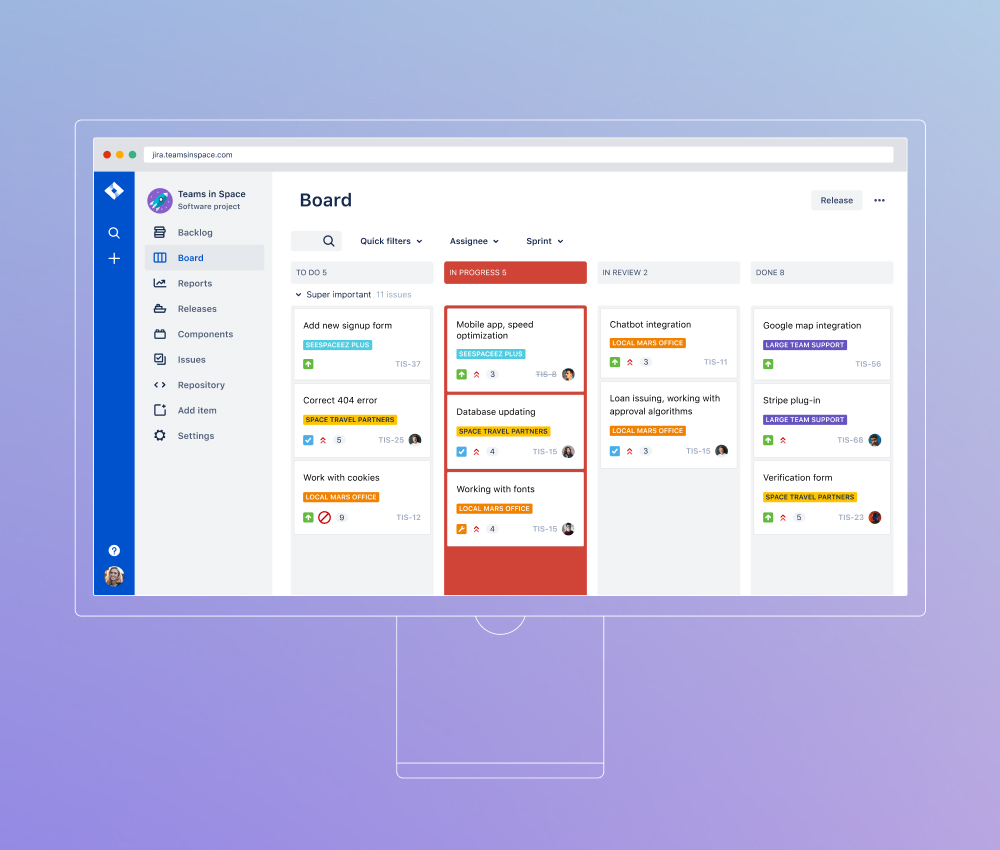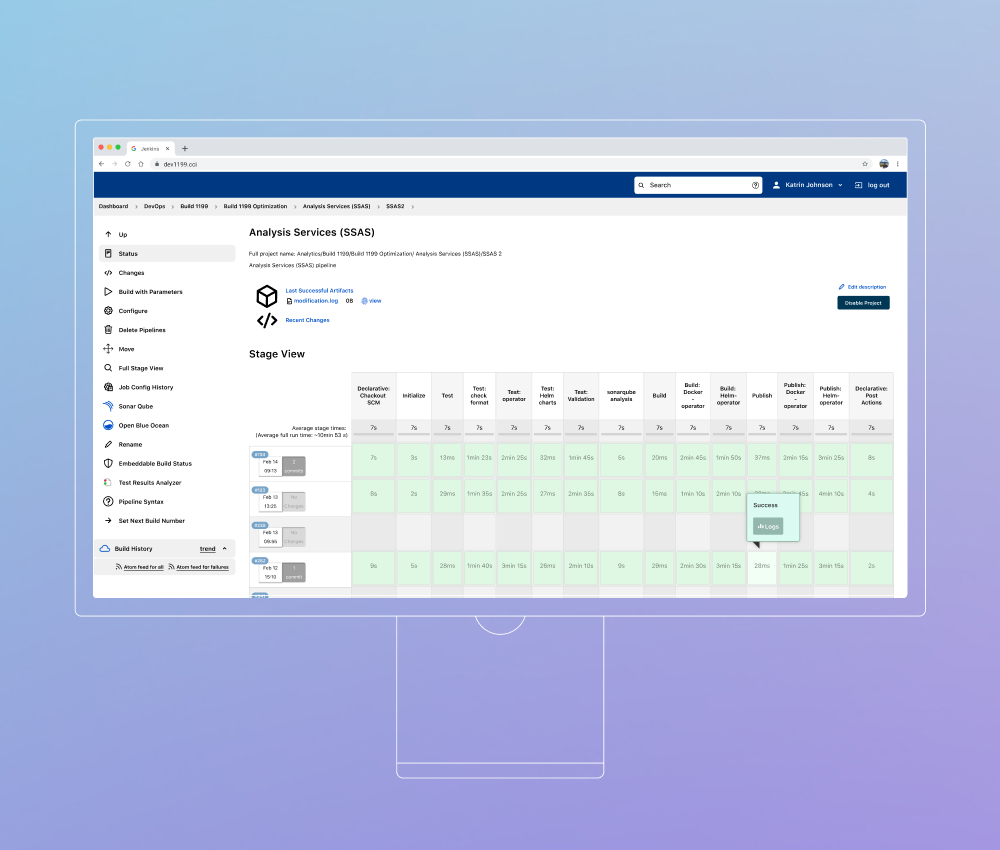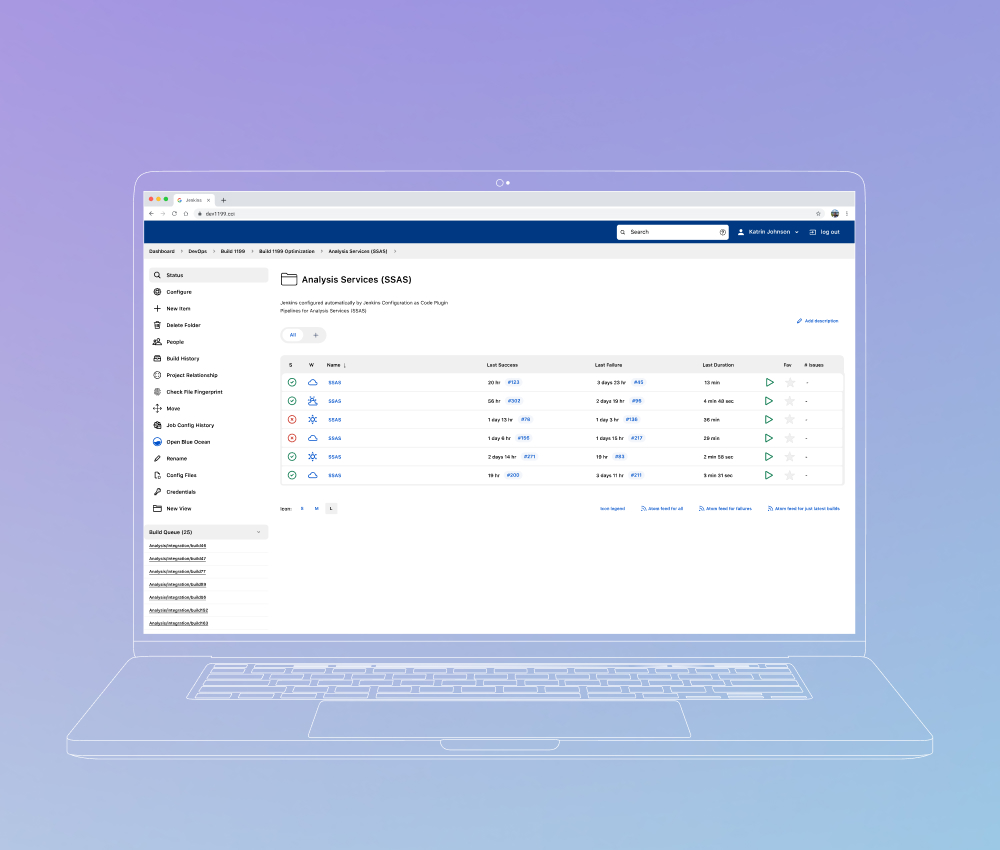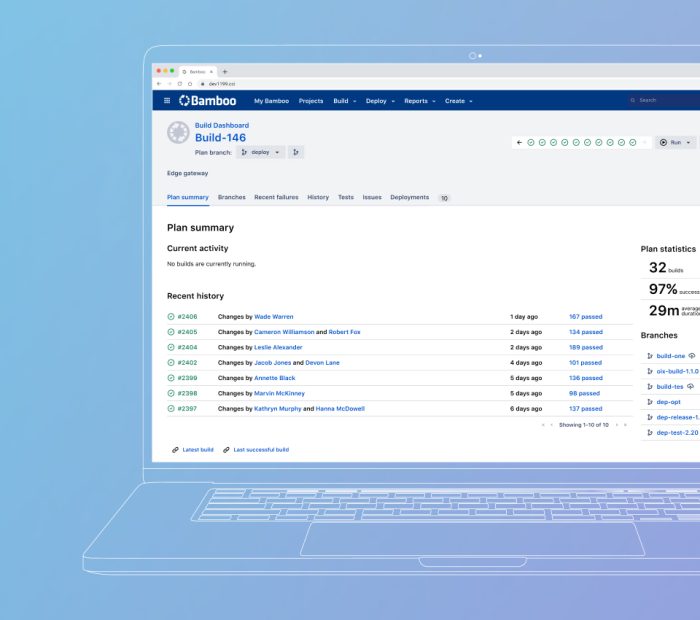Please leave your contacts, we will send you our overview by email
I consent to process my personal data in order to send personalized marketing materials in accordance with the Privacy Policy. By confirming the submission, you agree to receive marketing materials
Thank you!
The form has been successfully submitted.
Please find further information in your mailbox.
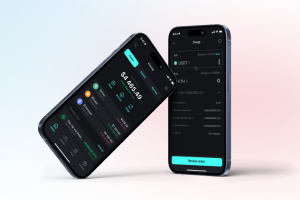
From banking platforms to crypto exchanges, we build high-performance finance software that powers critical operations, manages risk, and supports growth 24/7.
Services & solutions
Services & solutions
About us
Fintech
Banking
Trading
Insurance
Blockchain
en English

From banking platforms to crypto exchanges, we build high-performance finance software that powers critical operations, manages risk, and supports growth 24/7.
Services & solutions
